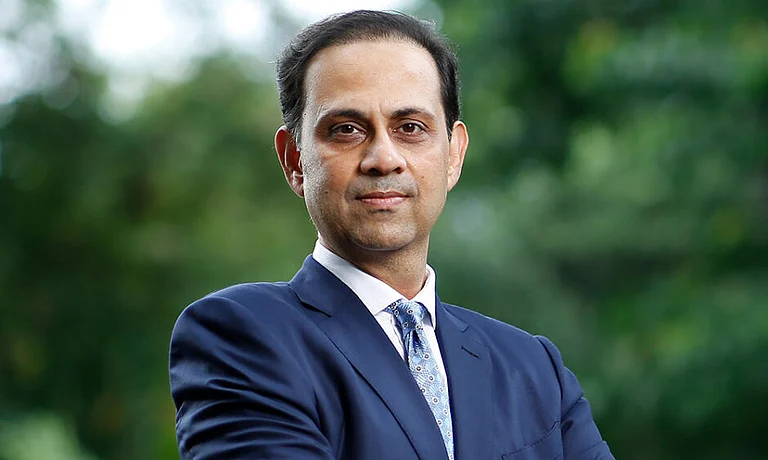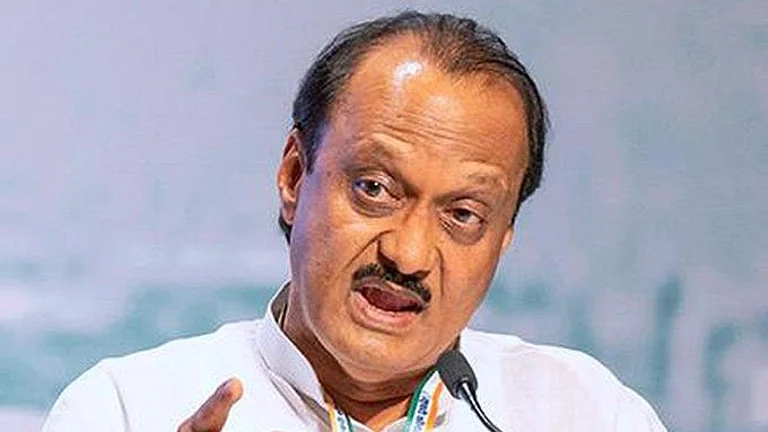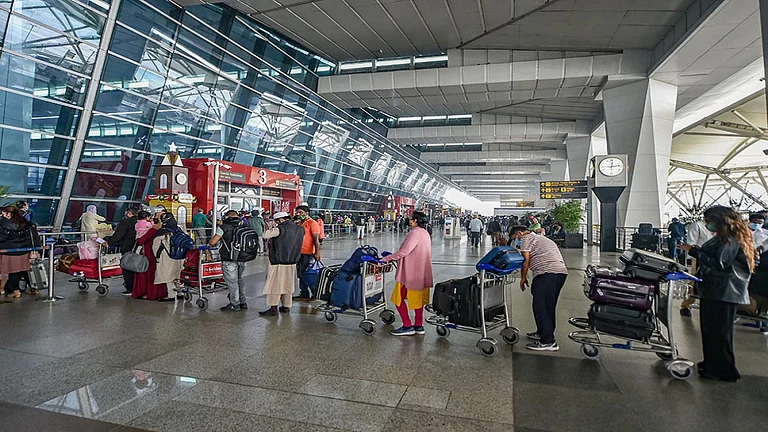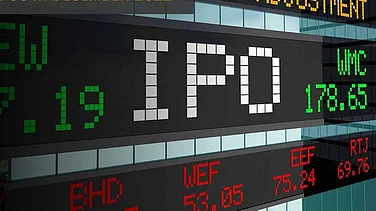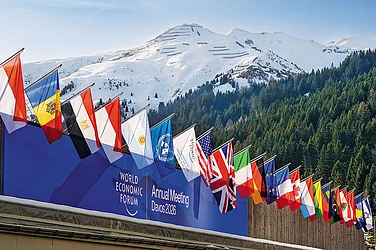Zomato has announced the launch of its ‘Book Now, Sell Anytime’ feature, which will go live on September 30. The feature will be a part of the Zomato Feeding India Concert where singer and songwriter Dua Lipa will perform.
Soon after the feature was launched, the move came into criticism, some argued it resembled legalised black marketing, while others disagreed. Let’s first review the feature before exploring the legal debate. Let’s first quickly glance through the feature before delving into the legalised aspect.
Change of Plans? You Can Sell Your Ticket
Under the feature, users can purchase concert tickets and, if their plans change, they can list them for resale on the platform. However, it should beat a price capped by the organisers.
Once another customer decides to buy the ticket, the seller’s ticket is cancelled. Following it, a new ticket is issued by Zomato. The full value of the listed price will be given to the seller, subject to applicable taxes.
The company said in a blog post, “We hope this new feature empowers all our customers and removes any second-guessing about being able to book tickets in advance to events they love.”
Zomato has also emphasised that this is a step closer to developing a platform that genuinely prioritises customers and expanding this sector in India.
Innovation Versus Legalised Black Marketing
After the feature was released, Chinmoy Mishra, founder and CEO of HooLiv, wrote, “Apologies, team Zomato, we can window dress it all we want, but this is hoarding and black marketing. I hope you roll back this feature soon.”
Differing from it, another user highlighted that this is something that is similar to trading assets that depreciate over time. Meanwhile, another user mentioned that by legalising black marketing, Zomato is revolutionising the ticketing industry.
Zomato, on its part, mentioned in a blog post that they want to make sure that practices such as black marketing or unfair practices are not promoted in the ticketing industry. Thus, it will incorporate practices such as capping the events at a certain value; customers can buy a maximum of ten tickets per category that can be listed for sale. "We will be constantly monitoring the platform so that customers do not take advantage of this feature,” the company mentioned in its blog post.
What are Experts Saying?
Experts are divided on the fact whether this is black marketing or not. Some believe that it is still black marketing that is being done online.
“Reselling of movie tickets or cricket match tickets has always been illegal in India; it is considered black marketing, and that is why arrests were made across many cities during the ODI World Cup 2023. If the same process is executed online, it is still black marketing," says Sachin Taparia, Founder of LocalCircles.
Experts also warn that pre-booking by non-attendees could artificially inflate ticket prices and skew demand. “While I am all for free markets and individual autonomy, there is no denying the fact that if most of the tickets are pre-booked by persons who have no real intention to attend the event, this will cause a false price rise of the tickets and tip the demand,” says Jasmine Damkewala, Senior Partner at Circle of Counsels and Advocate-on-Record, Supreme Court of India.
To add to it is the fact that some states have banned the sale of tickets. For example, the Maharashtra Entertainment Duty Act of 1923 doesn’t allow resale of tickets.
However, some have mentioned that as long as the ‘Book Now, Sell Anytime’ feature complies with the Consumer Protection Act, the Indian Contract Act, the Sales of Goods Act, and the Competition Act, it is not black marketing. All these acts govern consumer protection, competition, and contracts. Experts suggest that when transferring ownership of a ticket, the process must adhere to the rules set by the Sales of Goods Act and align with the original conditions under which the ticket was purchased.
“The sentiment that this amounts to ‘Legalised Black Marketing’ is mere rhetoric,” says Mohit Goel, Senior Partner, Sim & San. Goyal further adds that the fact that Zomato has imposed a cap on the resale price and a limit on the number of tickets an individual can buy makes the feature safe.
Speaking about the feature in a blog post, the food tech gain stated in a blog post that this is undoubtedly not going to look like this in a few months or years. Therefore, it's critical that the industry communicates with them in the spirit of "we are all on the same team."
The Move Toward the Ticketing Platform
Zomato always wanted to expand beyond its food delivery vertical with an increased focus on the ‘going out’ business. At an investor call, Zomato CEO Deepinder Goyal said, “We believe that there is an opportunity to further expand our going-out offering, building on top of our dining-out business. Additional use cases for customers in the going out space include movies, sports ticketing, live performances, shopping, staycations, etc., some of which we have already launched or are building as we speak.”
The company is focusing on launching a new app named ‘District’ that is supposed to be the one-stop destination for the 'going out' variety. To add to it, the company also acquired Paytm’s entertainment ticketing business for Rs 2,048 crore. With the company focusing extensively on its 'going out' business specially after the deal, it remains to be seen how this new feature will be perceived by users.










